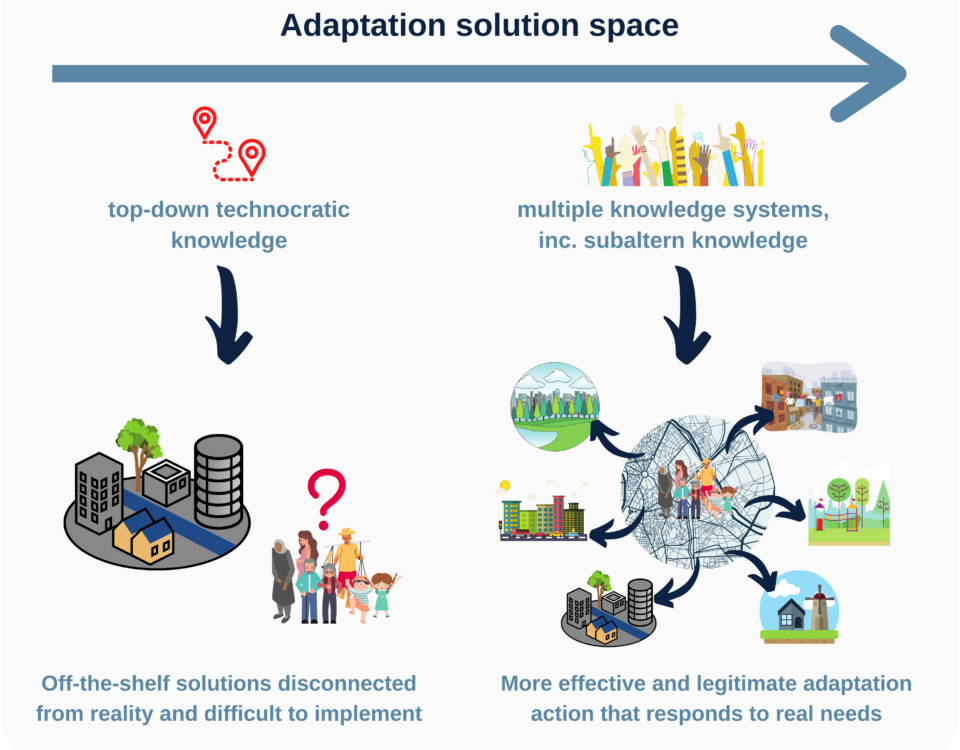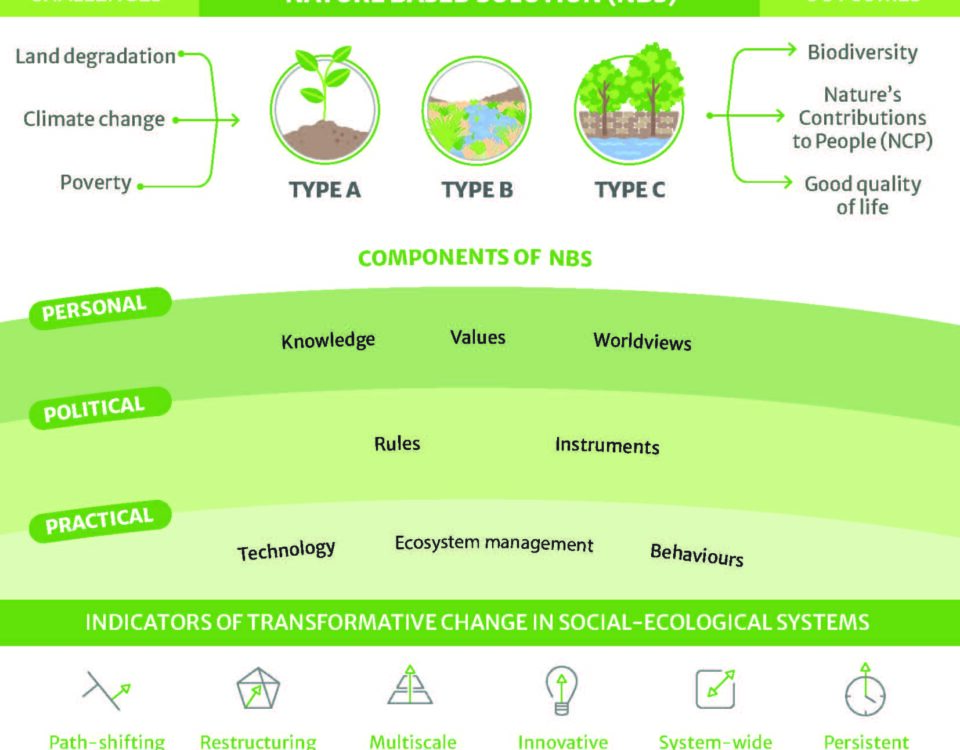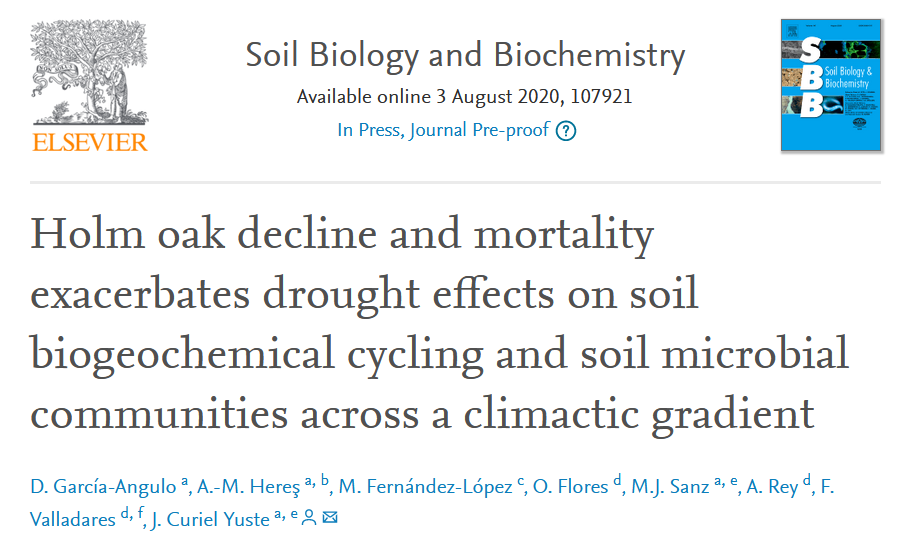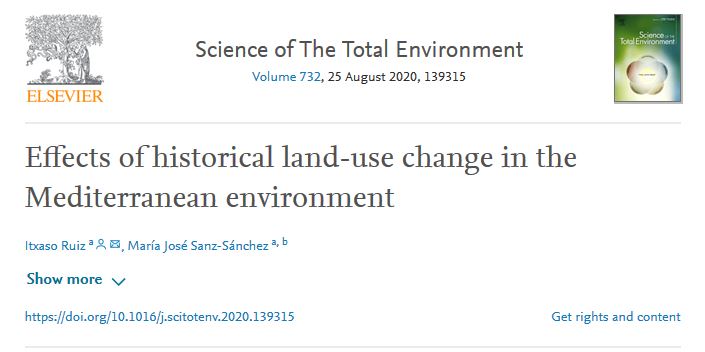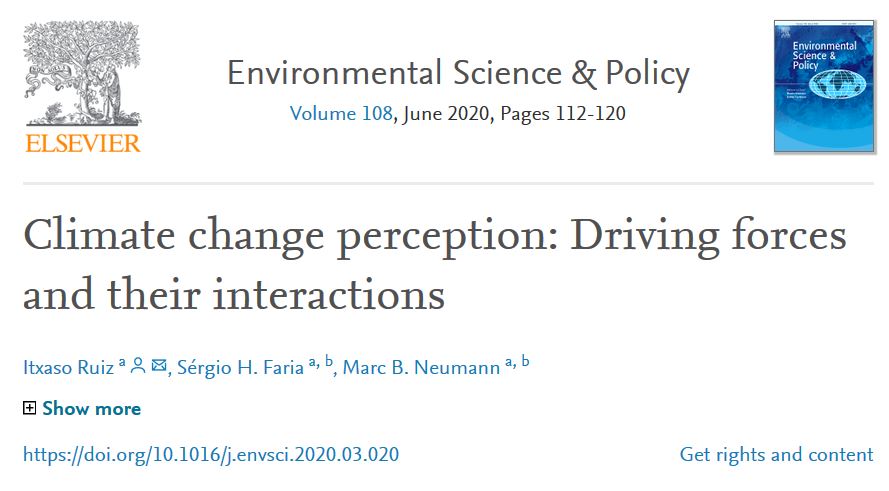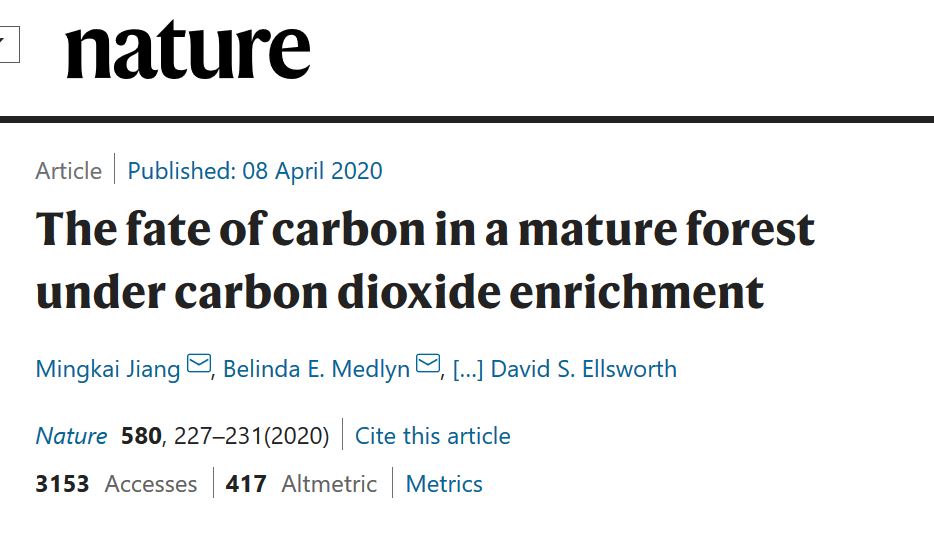Journal Articles
24 maiatza, 2023
Published by BC3Research at 24 maiatza, 2023
Nature Based Solutions (NbS) are seen as a promising venue for coastal adaptation to climate change. Combining natural dynamics with technical solutions, NbS can be driven by unpredictable natural dynamics, unanticipated surprises, and changing external conditions. And as such, they involve fundamentally different uncertainties.
21 ekaina, 2021
Published by BC3Research Marta Olazabal at 21 ekaina, 2021
In a new collaborative paper led by Marta Olazabal and published in One Earth, the authors argue that historically marginalized and subaltern forms of local knowledge must be considered in combination with technocratic top-down approaches to climate knowledge production.
17 maiatza, 2021
Published by BC3Research at 17 maiatza, 2021
The global environmental crisis calls for transformative approaches to sustainability. Nature-based Solutions (NbS) have great resonance in science and practice, but their ability to bring about transformative change has not been assessed. A new publication in One Earth provides evidence that NbS can contribute to transformative change towards sustainable trajectories.
7 abendua, 2020
Published by Ignacio Palomo BC3Research at 7 abendua, 2020
Recent assessment reports by the Intergovernmental Panel on Climate Change (IPCC) and the Intergovernmental Science-Policy Platform on Biodiversity and Ecosystem Services (IPBES) have highlighted the risks to humanity arising from the unsustainable use of natural resources.
6 abuztua, 2020
Published by BC3Research Daniel Garcia Jorge Curiel Maria Jose Sanz at 6 abuztua, 2020
The extent to which the increasingly frequent episodes of drought-induced tree decline and mortality could alter key soil biogeochemical cycles is unclear. Understanding this connection between tree decline and mortality and soils is important because forested ecosystems serve as important long-term sinks for carbon (C) and essential nutrients (e.g., nitrogen and phosphorus).
1 ekaina, 2020
Published by BC3Research Itxaso Ruiz Maria Jose Sanz at 1 ekaina, 2020
During the Holocene (last ~11,700 years), societies have continuously modified the landscape of the Mediterranean Basin through changes in land-use, exerting extraordinary pressures onto the environment and adding variability to the climate. Despite its importance to current land management, knowledge of how past land-use practices have impacted the regional climate of the Basin remains largely in the scientific sphere.
24 apirila, 2020
Published by BC3Research Itxaso Ruiz at 24 apirila, 2020
Public perception of climate change can either facilitate or hinder the implementation of climate policies. This perception is dependent on a number of influencing factors, called drivers, in ways that are still not clearly understood. Our study quantifies the relative strength of drivers of climate change perception, taking into account differences in the social, political, geographical, economic and educational identities of any considered community.
16 apirila, 2020
Published by BC3Research David Moreno Asun Rodríguez at 16 apirila, 2020
Multiple large-scale restoration strategies are emerging globally to counteract ecosystem degradation and biodiversity loss. However, restoration often remains insufficient to offset that loss. To address this challenge, we propose to focus restoration science on the long-term (centuries to millennia) re-assembly of degraded ecosystem complexity integrating interaction network and evolutionary potential approaches. This approach provides insights into eco-evolutionary feedbacks determining the structure, functioning and stability of recovering ecosystems. Eco-evolutionary feedbacks may help to understand changes in the adaptive potential after disturbance of metacommunity hub species with core structural and functional roles for their use in restoration.
14 apirila, 2020
Published by Teresa Gimeno BC3Research at 14 apirila, 2020
Categories
Atmospheric carbon dioxide enrichment (eCO2) can enhance plant carbon uptake and growth, thereby providing an important negative feedback to climate change by slowing the rate of increase of the atmospheric CO2 concentration. Although evidence gathered from young aggrading forests has generally indicated a strong CO2 fertilization effect on biomass growth, it is unclear whether mature forests respond to eCO2 in a similar way.
26 martxoa, 2020
Published by BC3Research Asun Rodríguez at 26 martxoa, 2020
Restoration ecology is a young scientific discipline whose limitations can compromise the recovery of ecosystem biodiversity and functions. Specifically for limitations on forest restoration, we first recommend considering measures prior to land use changes to deal with the common lack of efforts to anticipate and plan restoration. Second, we suggest using multiple references in restoration planning to avoid simplified reference characterization, and we advise assessing ecosystem recovery with indicators that better incorporate ecosystem complexity in recovery assessments.


